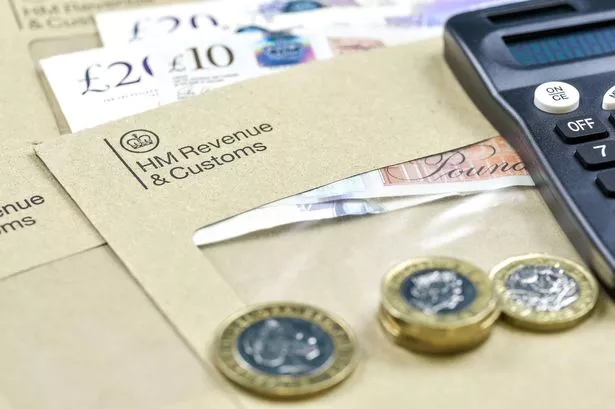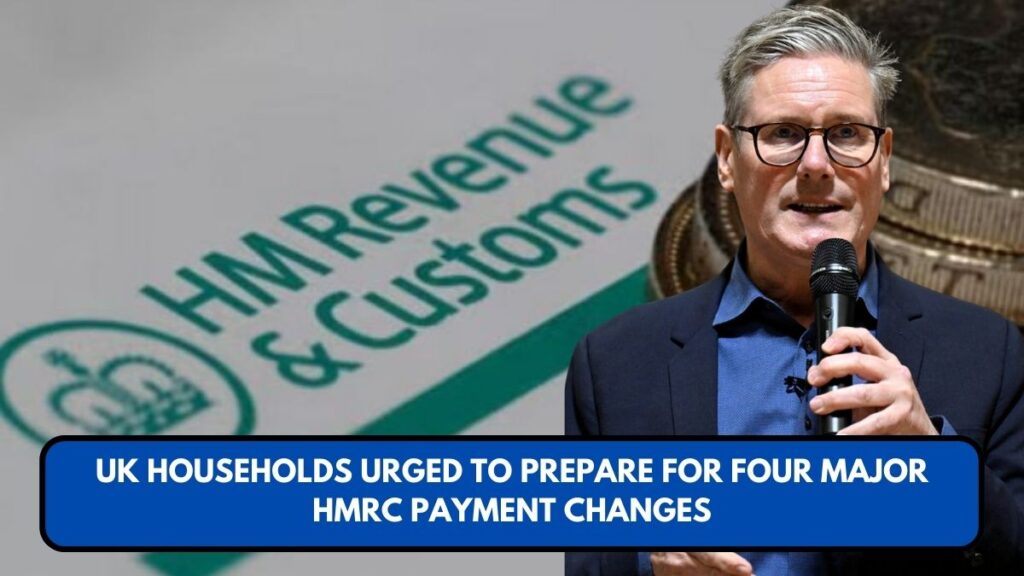Starting in April 2025, several major HMRC (HM Revenue and Customs) changes will impact households across the UK.
The changes include the end of tax credits, an increase in Child Benefit payments, an adjustment to the High Income Child Benefit Charge (HICBC), and higher late payment interest rates for unpaid tax liabilities.
The government has urged affected individuals to be aware of these updates to avoid disruptions in benefits and tax payments. Below is a breakdown of the key changes:
1. End of Tax Credits – Move to Universal Credit
From April 5, 2025, Working Tax Credit and Child Tax Credit will be officially discontinued. All remaining tax credit claimants must transition to Universal Credit (UC). This move is part of the government’s long-term strategy to simplify the benefits system by merging multiple support schemes into one.
- The government has already started notifying claimants about their deadline to switch to Universal Credit. Those who fail to apply in time risk losing their financial support.
- According to HMRC, most people moving to Universal Credit will receive the same or higher benefits. However, those who would receive less may qualify for transitional protection, ensuring they do not lose money suddenly.

2. Increase in Child Benefit Payments
Families receiving Child Benefit will see a significant increase in their payments from April 6, 2025.
- New Weekly Rates:
- First child: £28.14 (up from £25.60)
- Each additional child: £18.65 (up from £16.95)
- This 9.9%-10% rise aims to support families amid rising living costs.
- The increase aligns with inflation adjustments to ensure childcare support remains adequate.
3. High Income Child Benefit Charge (HICBC) Threshold Raised
The High Income Child Benefit Charge (HICBC), which reduces or removes Child Benefit for high earners, will be adjusted starting in April 2025:
- Previously, the charge began at an income of £50,000 and removed 1% of the Child Benefit for every £100 earned above this threshold.
- Now, the starting threshold has been increased to £60,000.
- At £80,000 or above, Child Benefit will be completely phased out.
This new limit means thousands of families with incomes between £50,000-£60,000 will no longer have to repay Child Benefit through tax.
4. Increase in HMRC Late Payment Interest Rates
Starting April 6, 2025, HMRC will increase the interest rates for unpaid tax liabilities.
- The late payment interest will now be Bank of England rate + 4% (previously +2.5%).
- This change affects self-employed individuals, businesses, and taxpayers who delay tax payments.
- The aim is to encourage timely payments while ensuring tax revenue is collected efficiently.
Those struggling with payments should consider setting up a payment plan with HMRC to avoid extra charges.
Who Will Be Affected Most?
✅ Families with children will benefit from the Child Benefit increase and HICBC adjustment.
⚠️ Tax Credit claimants must switch to Universal Credit or risk losing payments.
⚠️ Taxpayers who delay payments will face higher interest rates on unpaid tax bills.

How UK Households Can Prepare for These Changes
- If you receive Tax Credits, check your eligibility for Universal Credit and apply before the deadline.
- If you claim Child Benefit, verify whether the HICBC threshold adjustment benefits you.
- If you have outstanding tax bills, plan to pay them off before April 6, 2025, to avoid higher interest charges.
Final Thoughts
With these four major HMRC changes coming in April 2025, UK households must review their finances and benefit status.
While Child Benefit increases will help families, the closure of Tax Credits and higher late payment interest rates may impact some taxpayers negatively.
Staying informed and acting early can help families and individuals navigate these transitions smoothly. To avoid unexpected financial shocks, it’s best to check eligibility, update claims, and settle any unpaid tax before the changes take effect.
This article has been carefully fact-checked by our editorial team to ensure accuracy and eliminate any misleading information. We are committed to maintaining the highest standards of integrity in our content.

Himanshu Sharma writes for Weekend Spy, focusing on recruitment, government schemes, and current affairs. He is dedicated to making complex information accessible to readers.
Himanshu enjoys playing chess, hiking, and trying new recipes, always seeking ways to combine his love for writing with his passion for exploration. Connect with Drop him an email at [email protected].







